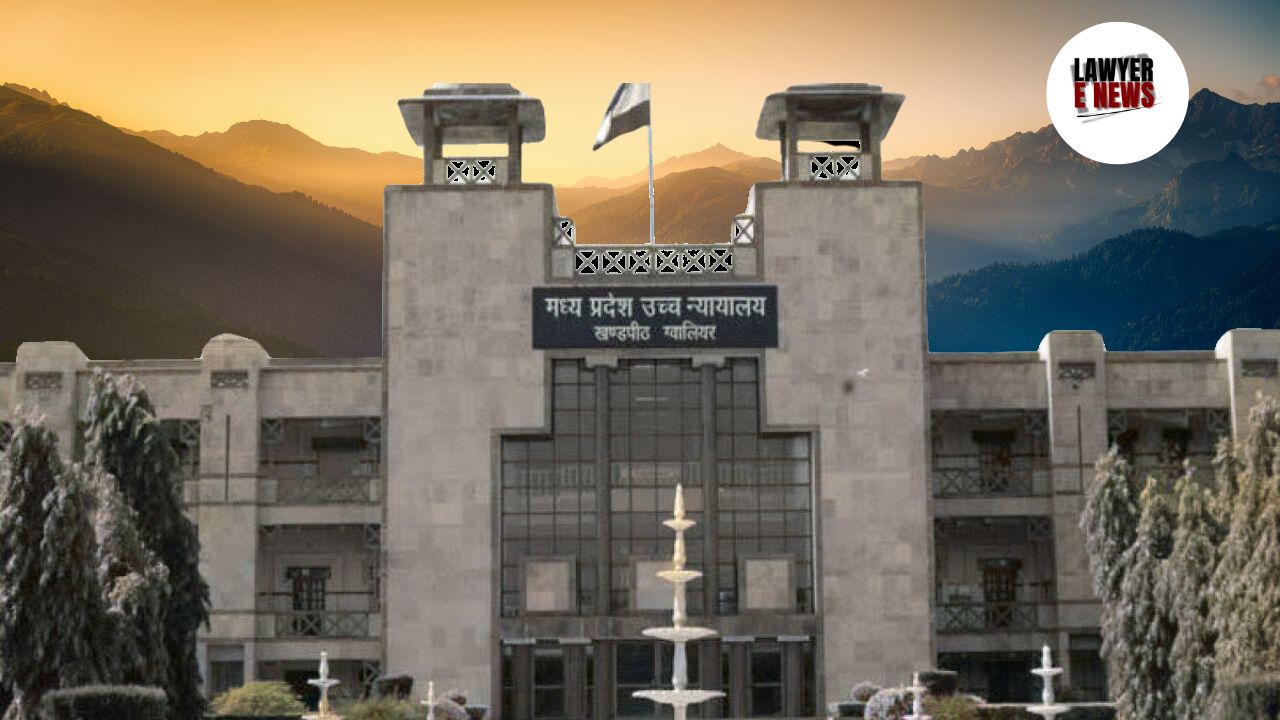-
by Admin
15 February 2026 5:35 AM



FIR against K. C. Bhalse quashed due to non-compliance with Pension Rules, 1976, despite allegations of procedural irregularity in MGNREGA project execution.
The High Court of Madhya Pradesh has quashed the FIR against retired Executive Engineer K. C. Bhalse, highlighting a breach of the stipulated time frame for initiating judicial proceedings. Justice Subodh Abhyankar's ruling underscores the protection granted under the Madhya Pradesh Civil Service (Pension) Rules, 1976, and the absence of mens rea in the alleged misconduct.
The petitioner, K. C. Bhalse, a retired Executive Engineer, faced an FIR dated June 20, 2014, under various sections of the IPC and the Mahatma Gandhi National Rural Employment Guarantee Act (MGNREGA), 2005. The charges stemmed from the alleged unauthorized use of a JCB machine instead of manual labor for sanctioned work under the MGNREGA scheme, resulting in payments made for machine labor rather than manual labor. Bhalse retired on March 31, 2023, without a charge-sheet being filed against him.
Justice Abhyankar referred to Rule 9(3) of the Madhya Pradesh Civil Service (Pension) Rules, 1976, which restricts the initiation of judicial proceedings more than four years after the cause of action or event occurred. "No judicial proceeding...shall be instituted in respect of a cause of action, which arose or in respect of an event, which took place, more than four years before such institution," the court noted. Since the FIR was filed on June 20, 2014, the window for initiating proceedings closed on June 20, 2018. Bhalse’s retirement further fortified his protection under this rule.
The court found no evidence of criminal intent (mens rea) in Bhalse's actions. The FIR acknowledged the payment for work executed by a JCB machine, which, while irregular, did not constitute illegality or embezzlement. "It is only an irregularity and not an illegality, as no mens rea can be attributed to the petitioner," the court stated. Additionally, a departmental inquiry had already exonerated Bhalse of the same allegations.
Justice Abhyankar remarked, "The payment of Rs.3,358 to the JCB owner/driver would not fall under any offences much less any offence as mentioned in the FIR, and the petitioner cannot be saddled with the offence of criminal breach of trust or cheating".
The High Court's decision to quash the FIR underscores the judiciary's adherence to procedural safeguards and statutory protections for retired government servants. This ruling not only vindicates K. C. Bhalse but also reaffirms the legal principle that procedural violations, such as the delay in initiating judicial proceedings, cannot be overlooked. The judgment is expected to influence similar cases, ensuring strict compliance with the statutory time limits for initiating judicial actions against retired officials.
Date of Decision: May 27, 2024
